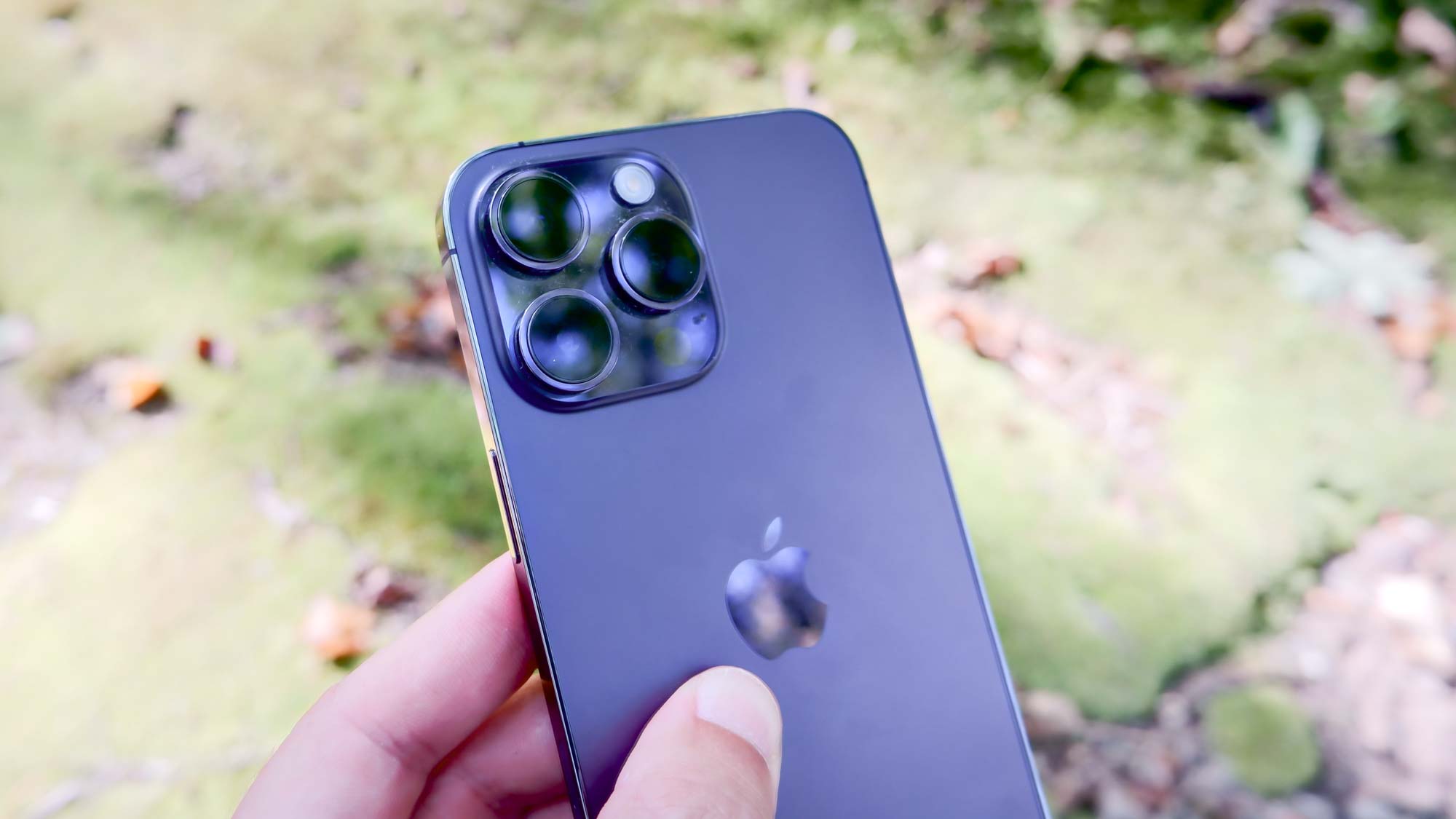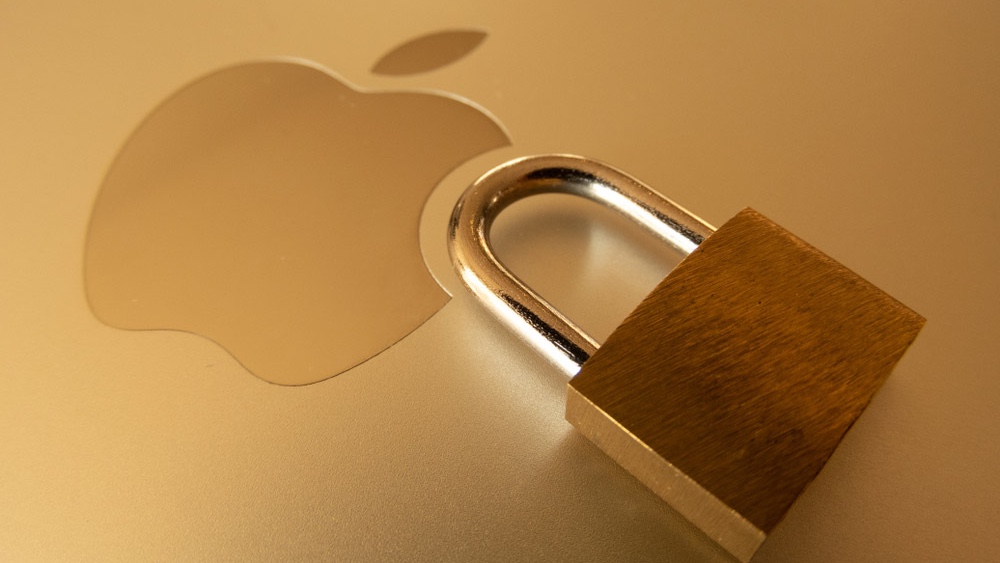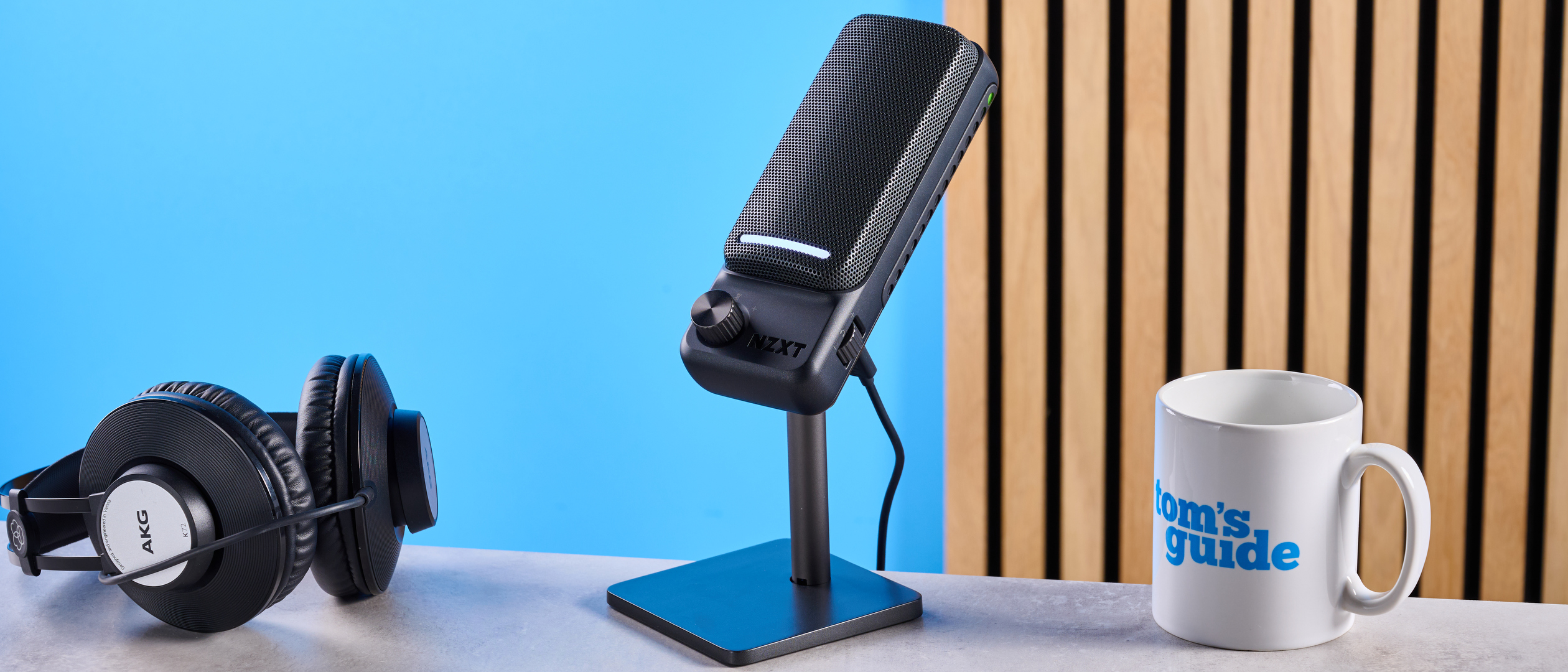Apple releases emergency security updates to patch iPhone, iPad and Mac zero-day flaws
Update all your Apple devices now to stay safe

Apple has once again released emergency security updates to fix zero-day vulnerabilities that are being used to attack compromised iPhones, iPads and Macs in the wild.
In a security advisory released on Friday (April 7), the Cupertino-based company revealed that it “is aware of a report that this issue may have been actively exploited”. Unlike with other recently discovered zero-day flaws, the ones Apple has patched have already been exploited by hackers in their attacks.
Of these new zero-days, the first flaw (tracked as CVE-2023-28206) is an IOSurfaceAccelearator out-of-bounds write that could lead to corruption of data, crashes or code execution according to BleepingComputer. However, an attacker could exploit the flaw using a maliciously crafted app to run arbitrary code with kernel privileges on vulnerable devices.
The second zero-day (tracked as CVE-20-23-28205) is a WebKit use after free flaw that allows for data corruption or arbitrary code execution when reusing freed memory. To exploit it, a hacker would need to trick unsuspecting users into loading a malicious web page that could be used to execute code on their devices.
Why Apple is keeping quiet
Both of these zero-day vulnerabilities have now been fixed with the release of iOS 16.4.1, iPadOS 16.4.1, macOS Ventura 13.3.1 and Safari 16.4.1. However, you will still need to download and install these updates yourself.
So far, the list of affected devices is quite long and includes all of the best iPhones from the iPhone 8 on, all models of the iPad Pro, the iPad Air 3rd generation and later, the iPad 5th generation and later, the iPad mini 5th generation and later and any of the best Macs running macOS Ventura.
After fixing these zero-day flaws in its newer devices, Apple has also now backported these patches to the iPhone 6s, iPhone 7, iPhone SE (1st gen), iPad Air 2, iPad mini (4th gen), iPod touch (7th gen) and Macs still running macOS Big Sur 11.7.5.
Sign up to get the BEST of Tom's Guide direct to your inbox.
Get instant access to breaking news, the hottest reviews, great deals and helpful tips.
While Apple is aware of reports about how these zero-days are being used in the wild, the company remains tight-lipped when it comes to details. This is typical of Apple and in its security advisory, it explains that: “For our customers' protection, Apple doesn't disclose, discuss, or confirm security issues until an investigation has occurred and patches or releases are available.”
Another reason why Apple hasn’t said anything yet is that these security flaws are likely being used in highly-targeted attacks against governments, businesses and other influential people. Even though you may not be at risk personally, it’s highly recommended that you install the latest updates as soon as possible as the hackers exploiting these flaws could decide to widen their nets and use them in attacks against ordinary people.
How to protect your Apple devices from cyberattacks

When it comes to keeping your iPhone, iPad, Mac and other Apple devices safe from hackers, the most important thing you can do is to install the latest security updates as soon as they become available.
Besides installing the latest updates, you can also install one of the best Mac antivirus software solutions on your Apple computer to keep it safe from malware and other viruses.
Although there isn’t technically an iPhone equivalent for the best Android antivirus apps due to Apple’s own restrictions, one Mac antivirus app does have a way around this. With either Intego Mac Internet Security X9 or Intego Mac Premium Bundle X9, you can actually plug in your iPhone or iPad into your Mac via USB and the software will scan them for malware too.
As for general security tips, you may also want to consider using one of the best password managers to securely store and generate strong, complex passwords for you. This makes a great deal of sense as hackers are often after your passwords as they can then take over your accounts once they have them.
We may possibly hear more about these zero-day flaws once enough Apple users have installed the latest updates but lately, the company has been quite stingy when it comes to providing details about how hackers are targeting its devices.
More from Tom's Guide

Anthony Spadafora is the managing editor for security and home office furniture at Tom’s Guide where he covers everything from data breaches to password managers and the best way to cover your whole home or business with Wi-Fi. He also reviews standing desks, office chairs and other home office accessories with a penchant for building desk setups. Before joining the team, Anthony wrote for ITProPortal while living in Korea and later for TechRadar Pro after moving back to the US. Based in Houston, Texas, when he’s not writing Anthony can be found tinkering with PCs and game consoles, managing cables and upgrading his smart home.
